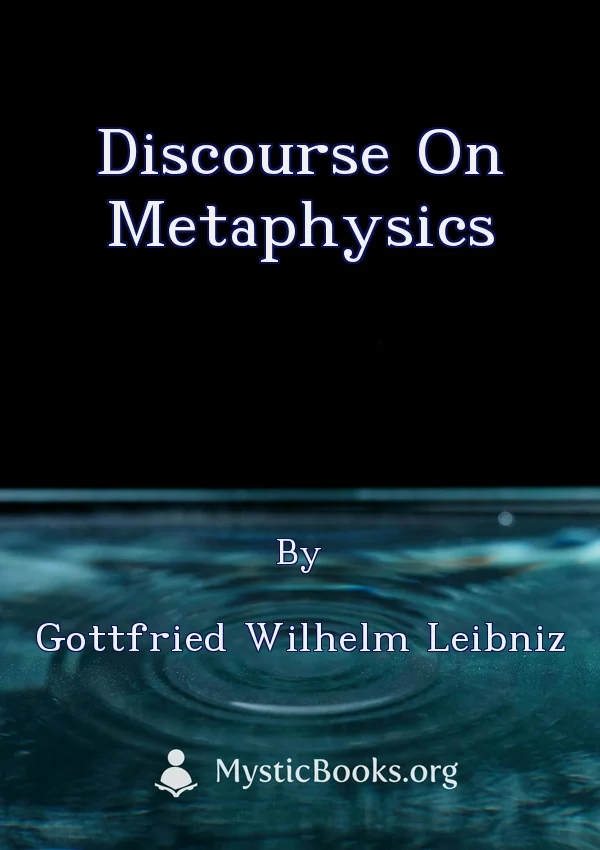
Discourse on Metaphysics
'Discourse on Metaphysics' Summary
In *Discourse on Metaphysics*, Leibniz presents his vision of a divinely ordained universe, governed by principles of harmony and order. He posits that God, as the ultimate architect, has created a system where every individual substance possesses a unique essence, a fundamental principle that guides its actions and interactions. This essence, according to Leibniz, is not simply material but encompasses a spiritual element, the soul, which interacts with the physical world through a pre-established harmony orchestrated by God. He argues that God, in His perfect wisdom, has created a universe that is both optimal and necessary, where every event is predetermined and interconnected in a harmonious web of cause and effect. While this pre-established harmony might seem to limit free will, Leibniz contends that true freedom lies in acting according to one's own nature, a nature that God has designed with inherent potential for good. The text also addresses the problem of evil and sin, suggesting that they ultimately contribute to the overall perfection of the universe, even if we cannot fully comprehend their role. Leibniz's discourse culminates in a vision of a heavenly city, a utopian state guided by Christ, where all beings finally achieve perfect harmony with God and themselves. This vision underscores the centrality of the divine in Leibniz's metaphysics, emphasizing the interconnectedness of all things and the ultimate purpose of achieving spiritual fulfillment.Book Details
Language
EnglishOriginal Language
Published In
Genre/Category
Tags/Keywords
Authors

Gottfried Wilhelm Leibniz
United Staes
Gottfried Wilhelm (von) was a German polymath active as a mathematician, philosopher, scientist, and diplomat. He is a prominent figure in both the history of philosophy and the history of mathe...
Books by Gottfried Wilhelm LeibnizDownload eBooks
Listen/Download Audiobook
- Select Speed
Related books
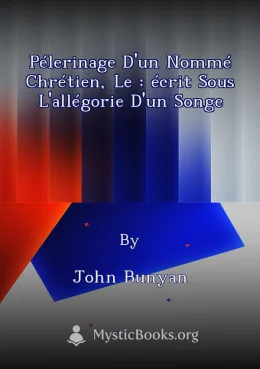
Pélerinage d'un nommé Chrétien, Le : écrit sous l'allégorie d'un songe by John Bunyan
« Le pélerinage d'un nommé Chrétien » est un roman allégorique de John Bunyan, publié en 1678. L'auteur rédigea cet ouvrage en 1675, alors qu'il était...
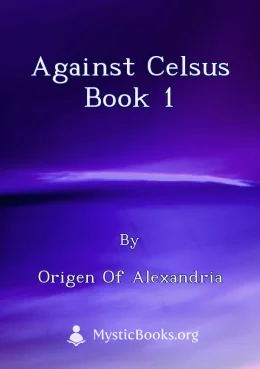
Against Celsus Book 1 by Origen of Alexandria
Against Celsus is an apologetic work by Origen of Alexandria, written in response to Celsus's attack on Christianity. Celsus accused Christians of bei...
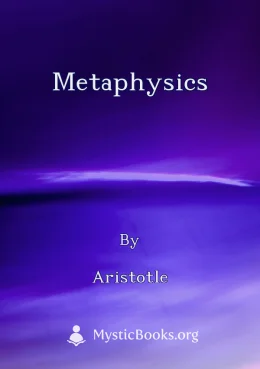
Metaphysics by Aristotle
Metaphysics is a philosophical treatise by Aristotle that examines the fundamental principles of reality, being, and existence. It delves into the nat...
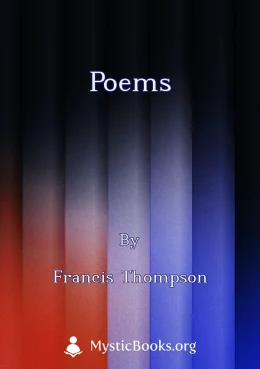
Poems by Francis Thompson
This volume compiles the poems of Francis Thompson, a Victorian poet known for his profound exploration of spirituality and the human condition. He em...
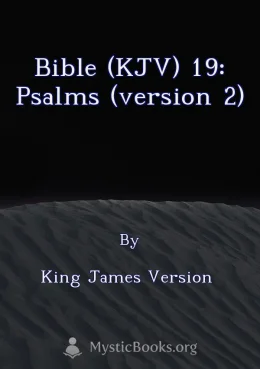
Bible (KJV) 19: Psalms (version 2) by King James Version
The Book of Psalms, a collection of 150 poems, offers a diverse range of human emotions, from profound despair to ecstatic joy. It serves as a powerfu...
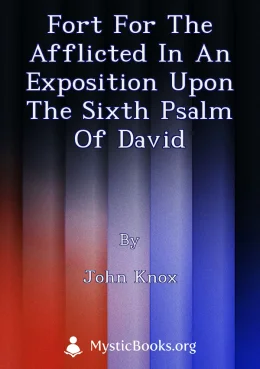
Fort for the Afflicted in an Exposition Upon the Sixth Psalm of David by John Knox
This book is a commentary on Psalm 6 of the Bible, written by John Knox, a prominent Scottish preacher and reformer. It offers a detailed interpretati...

Bible (KJV), Complete by King James Version
The King James Version (KJV) of the Bible, published in 1769 by the Oxford University Press, is a foundational text for Christianity and a landmark wo...
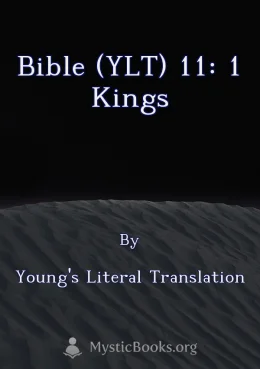
Bible (YLT) 11: 1 Kings by Young's Literal Translation
The First Book of the Kings chronicles the ancestral lineage of King David through his son, Solomon, onward. It narrates the reigns of several kings o...
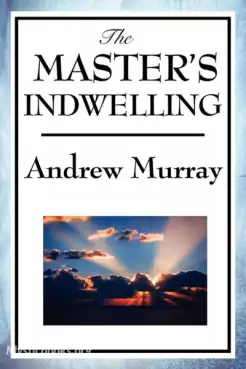
The Master's Indwelling by Andrew Murray
In all the writings of the late nineteenth century minister and writer Andrew Murray, we see his passion for reality in the lives of Christian believe...

Bible (Hebrew) 01: Genesis by Hebrew Bible
Genesis is the story of the Creation and the people that followed it. The place is Canaan which is the land of Israel and the adjoining nations. The B...
Reviews for Discourse on Metaphysics
No reviews posted or approved, yet...